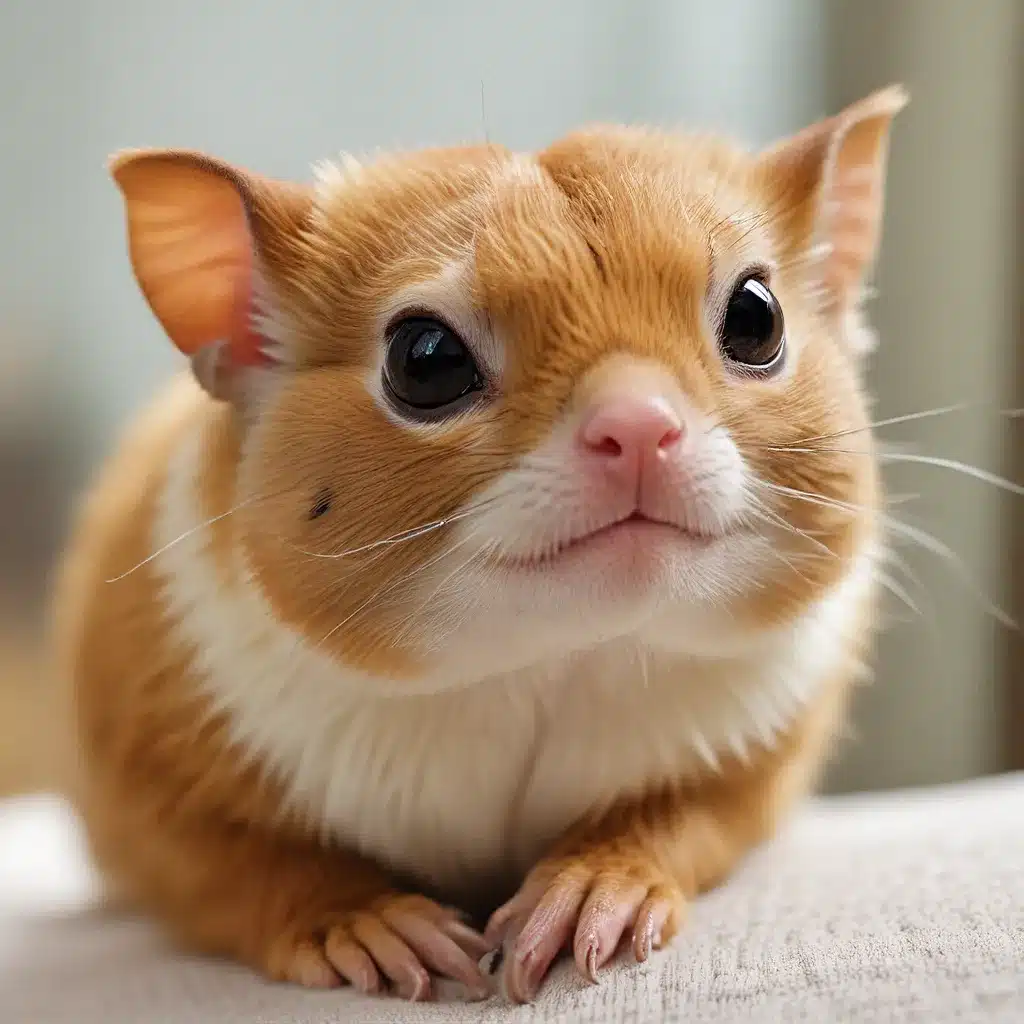
The Allure and Complexity of Exotic Pets
Ah, the world of exotic pets – where the ordinary becomes extraordinary and the boundaries of traditional pet ownership are pushed to the limits. As someone who has navigated the thrilling, yet often perplexing landscape of exotic pet ownership, I can attest to the unique joys and challenges that come with these captivating creatures.
From the moment I first laid eyes on that mesmerizing reptile or that fluffy, endearing mammal, I was hooked. The sheer novelty of owning something so unique and off-the-beaten-path was irresistible. After all, who wouldn’t want to be the proud parent of a sugar glider or the guardian of a serene koi pond? The allure is undeniable, but as I’ve learned, it’s a world that demands careful consideration and a steadfast commitment to ethical practices.
The Ethical Minefield of Exotic Pet Ownership
Navigating the ethical landscape of exotic pet ownership is a complex and often contentious issue. On one hand, these animals can bring immense joy and enrichment to our lives, providing a window into the diverse wonders of the natural world. However, the responsibilities that come with exotic pet ownership are not to be taken lightly. Studies have shown that the unique needs and specialized care required by exotic pets can often be overlooked or misunderstood, leading to potential neglect or even abuse.
The ethical dilemma is further compounded by the often murky origins of these animals. Many exotic pets are sourced from the wild, which can have devastating consequences for fragile ecosystems and vulnerable populations. The ethical responsibility to ensure the well-being of these animals, and to support conservation efforts, is a critical consideration for any prospective exotic pet owner.
Navigating the Challenges: An Ethical Approach
So, how does one navigate the ethical minefield of exotic pet ownership? It’s a question that requires a deep dive into the intricacies of care, conservation, and compassion. As someone who has grappled with these issues firsthand, I’ve come to believe that the key lies in a steadfast commitment to an ethical approach that puts the well-being of the animal at the forefront.
First and foremost, it’s crucial to thoroughly research the specific species you’re considering. This means understanding the animal’s natural habitat, dietary requirements, social needs, and any potential health concerns. It’s not enough to simply be captivated by the novelty of the creature – you must be willing to invest the time and resources necessary to provide a safe, enriching, and species-appropriate environment.
Reputable breeders and rescue organizations should be the only sources of exotic pets, as they can ensure the animals have been responsibly sourced and are in good health. Avoid any questionable or unethical channels, as these may contribute to the exploitation of vulnerable wild populations.
Embracing the Responsibility of Exotic Pet Ownership
Once you’ve made the decision to bring an exotic pet into your life, the real work begins. Providing the specialized care and attention these animals require is no small feat, and it’s essential to be prepared for the challenge. This may mean investing in specialized equipment, learning about complex husbandry practices, and even seeking the guidance of veterinarians who have experience with exotic species.
It’s also crucial to consider the long-term implications of exotic pet ownership. These animals often have lifespans that far exceed those of their more common household counterparts, and you must be prepared to make a lifelong commitment to their well-being. This may mean planning for their care in the event of your own illness or passing, or even making the difficult decision to rehome the animal if you can no longer provide the necessary level of care.
Fostering a Culture of Ethical Exotic Pet Ownership
As the exotic pet community continues to grow, it’s essential that we work together to foster a culture of ethical and responsible ownership. This means educating ourselves and others about the unique challenges and considerations involved, and advocating for policies and regulations that prioritize the welfare of these animals.
It’s also important to recognize that exotic pet ownership is not for everyone. While the allure may be strong, the reality is that these animals require a level of commitment and expertise that not everyone is prepared to provide. By being honest with ourselves and our capabilities, we can help ensure that these animals end up in the hands of those who are truly equipped to care for them.
Conclusion: Embracing the Ethical Imperative
In the end, the journey of exotic pet ownership is one that must be navigated with a steadfast commitment to ethical practices and the well-being of the animals in our care. It’s a responsibility that demands our time, our resources, and our unwavering dedication. But for those who are willing to take on the challenge, the rewards can be immense – the opportunity to forge a deep connection with a truly remarkable creature, and to play a role in preserving the incredible diversity of our natural world.
So, if you’re considering adding an exotic pet to your family, I encourage you to approach the decision with a critical eye and a deep commitment to ethical practices. Explore the resources available on our website, connect with experienced owners and veterinarians, and always keep the needs of the animal at the forefront of your mind. It’s a challenging path, to be sure, but one that can be incredibly rewarding for those who are up to the task.

